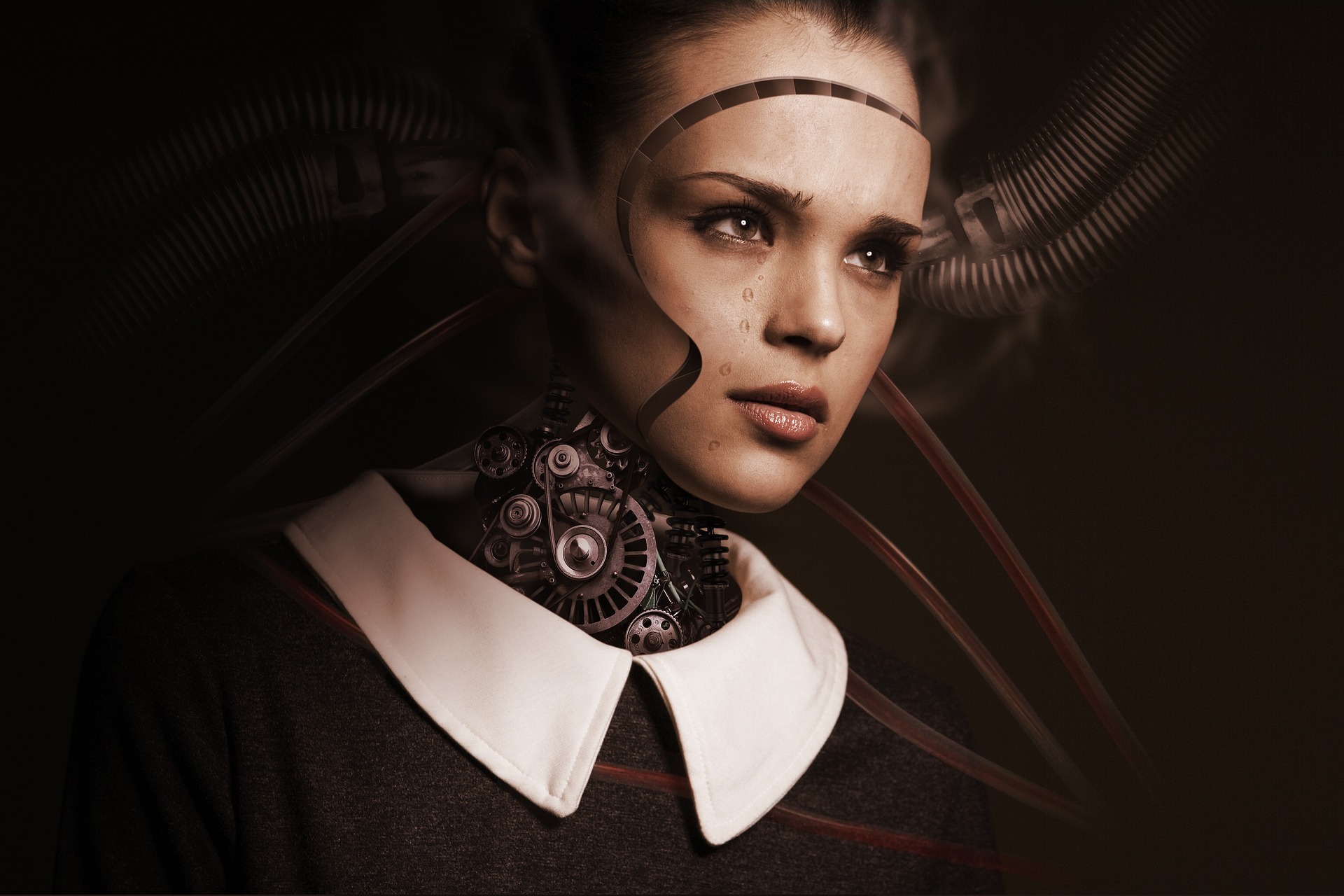The arrival of AI (Artificial Intelligence) as a companion in our daily lives raises once again the same questions about the future that science fiction writers and philosophers have been empirically asking for the past 100 years, but this time in a very real and relevant way.

The changes we are already experiencing and will experience in the near future due to the application of AI in our daily lives, businesses, and scientific research tables will have a profound impact on society, which is still difficult to fully envision. However, here are some potential pros and cons to be weighed.
Pros:
Cons:
In summary, AI has the potential to bring many benefits to society, but there are also significant risks and challenges that need to be addressed. It is important to carefully consider the potential impacts of AI and develop policies and regulations that ensure its safe and responsible use.
The changes we are already experiencing and will experience in the near future due to the application of AI in our daily lives, businesses, and scientific research tables will have a profound impact on society, which is still difficult to fully envision. However, here are some potential pros and cons to be weighed.
Pros:
- Improved safety: AI can be used to monitor and control systems in dangerous environments, reducing the risk of accidents and injuries.
- Better healthcare: AI can assist doctors and researchers in identifying patterns and insights in medical data, leading to improved diagnoses, treatments, and outcomes. Different forms of AI will create better living conditions for people with special needs. In its most advanced form, it may help usher in an era of unparalleled health, eradicating cancer and unraveling the mysteries for an unprecedented longevity.
- Increased efficiency: AI systems can perform repetitive and mundane tasks faster and more accurately than humans, freeing up valuable time and resources. This could put an end to forced child labor in factories, for example, but at the same time, it could take away the only source of income for a family, no matter how small.
- Enhanced decision-making: AI can analyze large amounts of data and provide insights that humans may not be able to perceive. This can help organizations make better decisions and improve outcomes. However, humans, due to their subjective condition, can also question gray areas, making moral judgments.
- Improved customer experience: AI can be used to personalize experiences and provide more tailored recommendations, resulting in more satisfied customers and increased loyalty.
- Empowerment of certain careers: Artificial Intelligence and Machine Learning Specialists, Sustainability Experts, Business Intelligence Analysts, Fintech Engineers, Data Scientists and Analysts, Robotics Engineers, Information Security Analysts, Electrotechnology Engineers, Agricultural Equipment Operators, Digital Transformation Specialists.
Cons:
- Job displacement: AI systems can replace human workers in certain industries, leading to job losses and economic disruption.
- Bias: AI systems can perpetuate and amplify existing biases in society, leading to unfair and discriminatory outcomes.
- Privacy concerns: AI systems can collect and analyze large amounts of personal data, raising concerns about privacy and security.
- Unintended consequences: AI systems can have unexpected and undesired consequences, such as making decisions based on incomplete or biased data.
- Lack of human connection: AI systems can be impersonal and lack the human touch that is important in many industries, such as healthcare and customer service.
- Impact on the preservation of certain jobs: Bank tellers and related office workers, postal employees, cashiers and ticket attendants, data entry personnel, administrative and executive secretaries, data scientists and analysts, materials and storage record keepers, accountants, auditors, and payroll staff, legislators and officials, statistics, finance and insurance employees, and street vendors.
In summary, AI has the potential to bring many benefits to society, but there are also significant risks and challenges that need to be addressed. It is important to carefully consider the potential impacts of AI and develop policies and regulations that ensure its safe and responsible use.
Promote your business in the domestic and international market
UrbaMarkt is an international marketing portal dedicated to bringing national and international buyers together with local professionals, increasing the possibilities of exposing their products and experiences to customers anywhere in the world.|
Marisol Ferreira
|